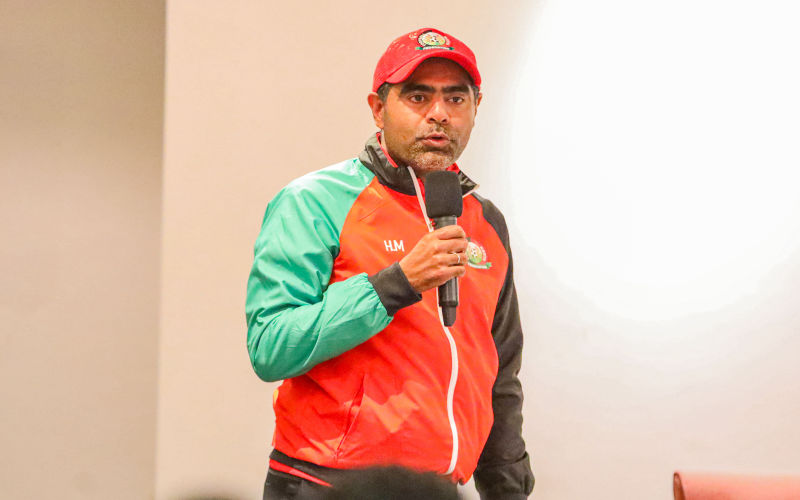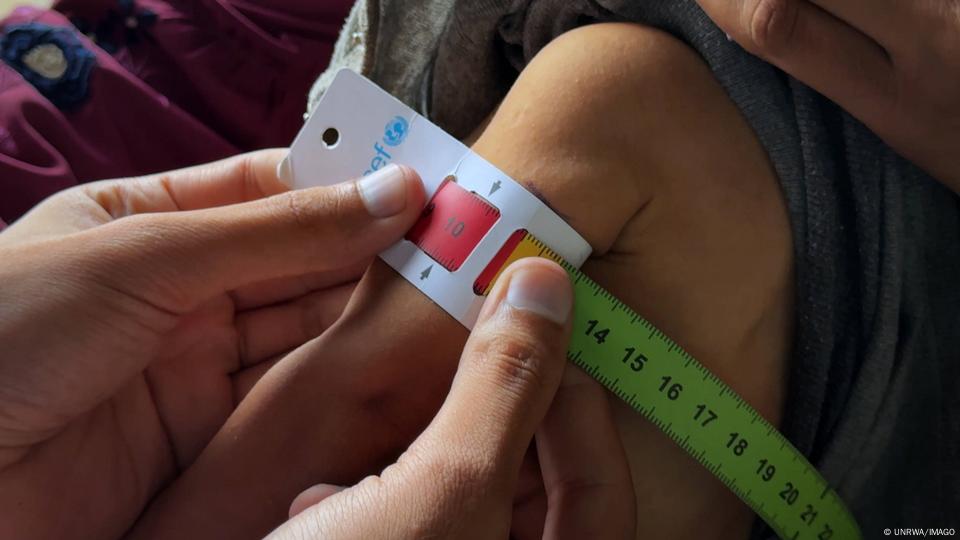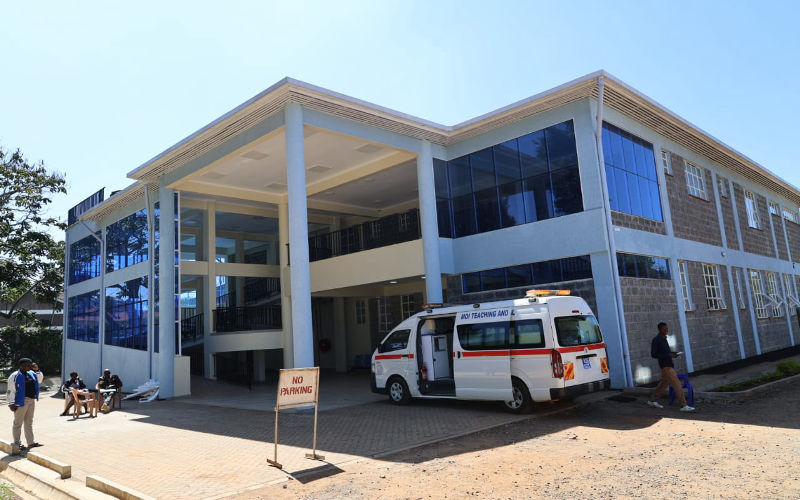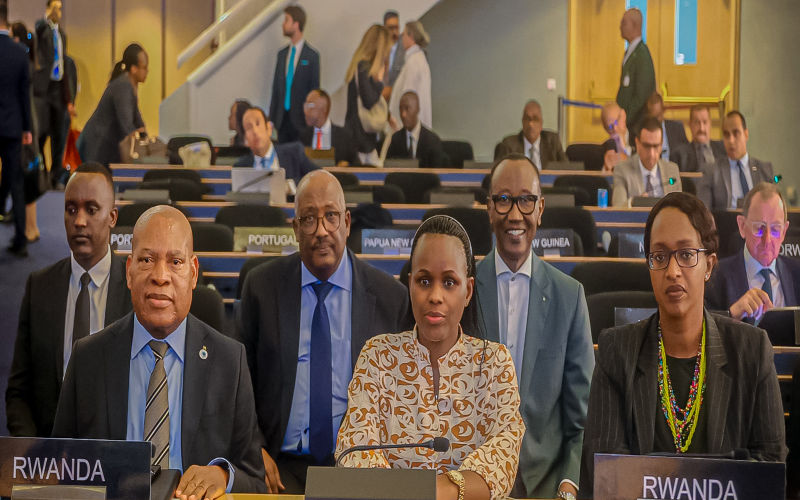Unsung heroes of Mathare: How residents stepped up in wake of flood crisis
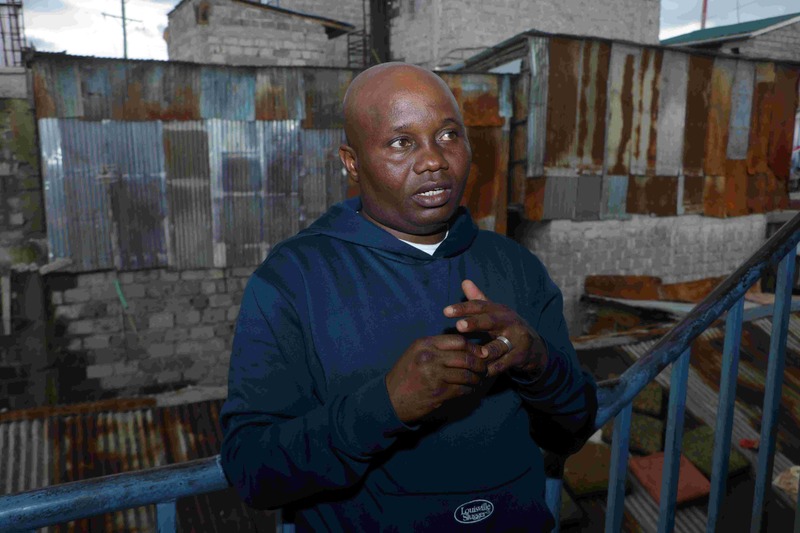
When floods struck various parts of the country, many sought refuge in the nearest school halls even before they were officially designated as rescue centres by the government.
Happy Star Academy in Mashimoni, Mathare saw an influx of over 350 people when the floods first hit, with many arriving with only the clothes on their backs and their children. Despite being a school with a population of 400 pupils, it has been an integral part of the community for the past 7 years.
More To Read
- Sudan gripped by deadly crisis as hunger, disease and heat intensify
- Deadly floods show need for faster, wider warnings, UN agency says
- Africans survived 10,000 years of climate changes by adapting food systems – study offers lessons for modern times
- Schools in Mathare, Kibra, Mukuru slums set for recognition under proposed education law
- MSF calls for urgent scale-up in water, sanitation programmes amid rising cholera cases in Abyei, South Sudan
- Kenya unveils 2024–2030 disaster risk strategy to protect lives and boost resilience
Steve Arodi, the director at Happy Star Academy, said they welcomed the victims with open arms, providing accommodation and meals even before the government intervened.
"It's hard to watch people stranded when you know you can help," he said, explaining their proactive approach to assisting the affected families.
The academy adopted an open kitchen system, cooking and sharing meals with the affected families. Arodi said they depleted their second-term stock and received some food supplies from well-wishers to sustain the community. Through fundraisers and support from friends, they managed to raise funds to help resettle most of the victims.
"Currently, only one family remains at the facility, along with a few individuals who prefer to return to their village rather than relocate. We provided financial assistance to many families, either fully covering their rent or providing top-ups to aid in their relocation," said Arodi.
However, a challenge they face is that many relocated families return to the school for meals, indicating ongoing instability despite their efforts to resettle them.
Arodi expressed the goal of relocating everyone by Sunday to resume school activities.
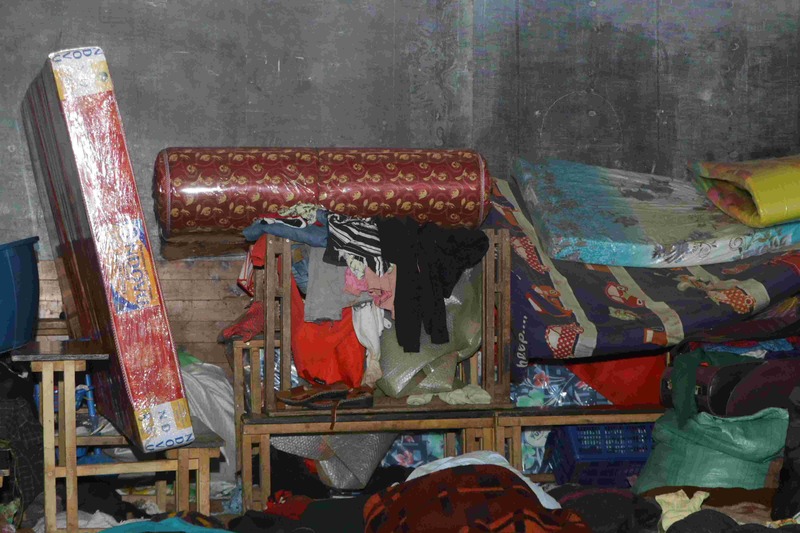 Inside a camp at Mashimoni camp in Mathare. (Photo: Justine Ondieki).
Inside a camp at Mashimoni camp in Mathare. (Photo: Justine Ondieki).
He urged the government and other institutions to allocate resources to grassroots and community-based organisations to help in resettling flood victims. He pointed out that these groups are frequently the initial responders during crises such as the floods in Mathare.
"Many affected people have received little to no help from the government and are still waiting for support," said Arodi
Regarding the physical damages incurred, Arodi noted that the classrooms and desks require renovations, indicating the impact of the floods on the schools's infrastructure.
Florence Aluoch, a community health worker in Mathare, has been at the forefront of relief efforts since the floods began.
"When families were affected by floods they came knocking on my door seeking help. In response, I rallied fellow community members, coordinating efforts to rescue individuals, including some stranded on rooftops," said Aluoch
Aluoch said that her home became a refuge for many, especially children, as mothers sought safety for their families. Leveraging partnerships with local youth groups, they aided in rescue operations.
"We had skilled young men who were experienced in rescue operations, alongside others without experience, who proved invaluable in offering assistance," said Aluoch.
As a community health worker, Aluoch shares her commitment to ensuring the well-being of those affected. She actively mobilised community members to seek medical attention, organising visits to free medical camps established in various camps. some of the prevalent health issues addressed include colds and diarrhoea among children.
"We've been walking from camp to camp to raise awareness about how they can access medication, and in partnership with other organisations, they've received proper medical care," said Aluoch.
She mentioned their daily routine of visiting camps and responding promptly to updates from government agencies.
"We are grateful for support from well-wishers, who provided essential supplies and financial assistance to women seeking housing."
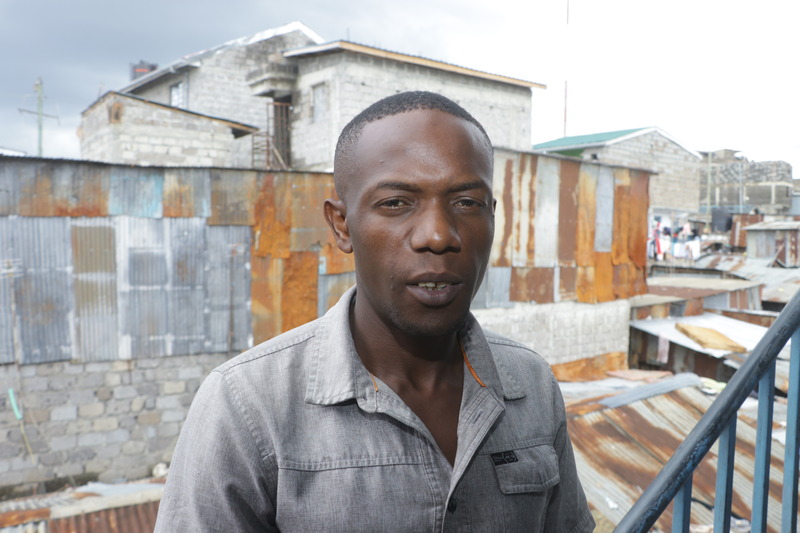 Moses Aruba, a community mobiliser at Mashimoni camp in Mathare. (Photo: Justine Ondieki).
Moses Aruba, a community mobiliser at Mashimoni camp in Mathare. (Photo: Justine Ondieki).
Moses Aruba another well-wisher, overseeing the Twaweza Pamoja initiative in Mashimoni's Mabatini camp, has taken on the responsibility of cooking breakfast and facilitating the relocation of families.
"For the past two weeks, we've been accommodating approximately 40 people, but 35 have already found alternative housing. We've been reaching out to well-wishers who generously contribute funds to aid in relocation," he stated.
Aruba noted that currently, only three mothers remain visibly distressed as they lack the means to move. He emphasised their commitment to providing support until suitable accommodation is secured, clarifying that the camp does not function as a school.
Dependent on support from well-wishers, Aruba expressed disappointment in the government's failure to fulfil promises of rent assistance, with many families relying on well-wishers as they seek new homes. Despite challenges, he expressed gratitude for overcoming food shortages, highlighting their resilience in the face of adversity.
During a visit to the Kiamaiko area in Mathare Sub-county, Nairobi, on Monday, President William Ruto announced that 40,000 families displaced by the floods would get the money.
The government aims to ease their burden while making plans for their resettlement. Ruto highlighted the severity of the floods, which had claimed the lives of over 230 people
The president further announced that flood-displaced people in the Kiamaiko area would be prioritised in the allocation of 5,000 affordable housing units to be constructed in Mathare, offering a permanent solution to their displacement.
"We have a comprehensive list of evacuees and will support them with three months' rent as the government explores long-term solutions for their housing needs," said Ruto
The distribution of funds will be coordinated by National Government Administration Officers (NGAO), and officials of the National Youth Service (NYS), the National Police Service (NPS), and the Kenya Defence Forces (KDF).
Despite the promise, many families in Mathare have yet to receive the funds.
Top Stories Today




